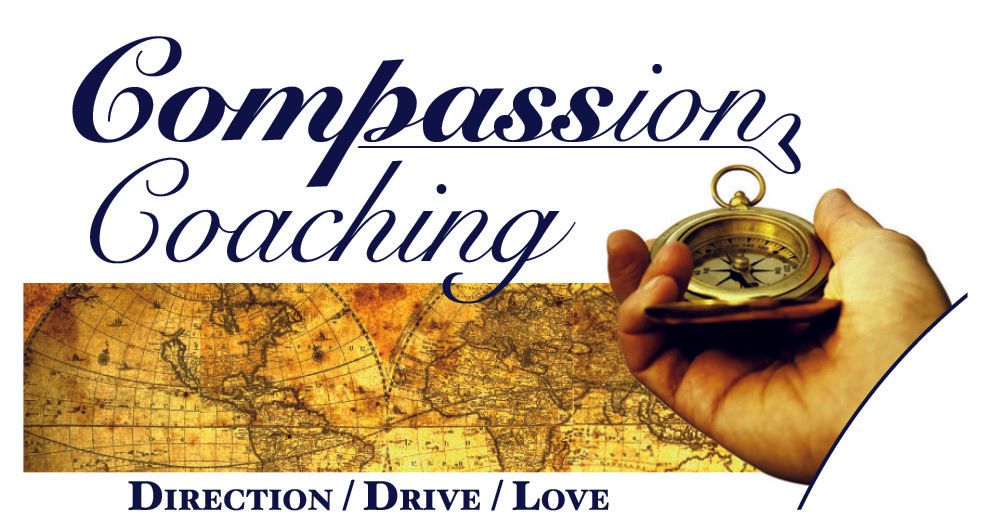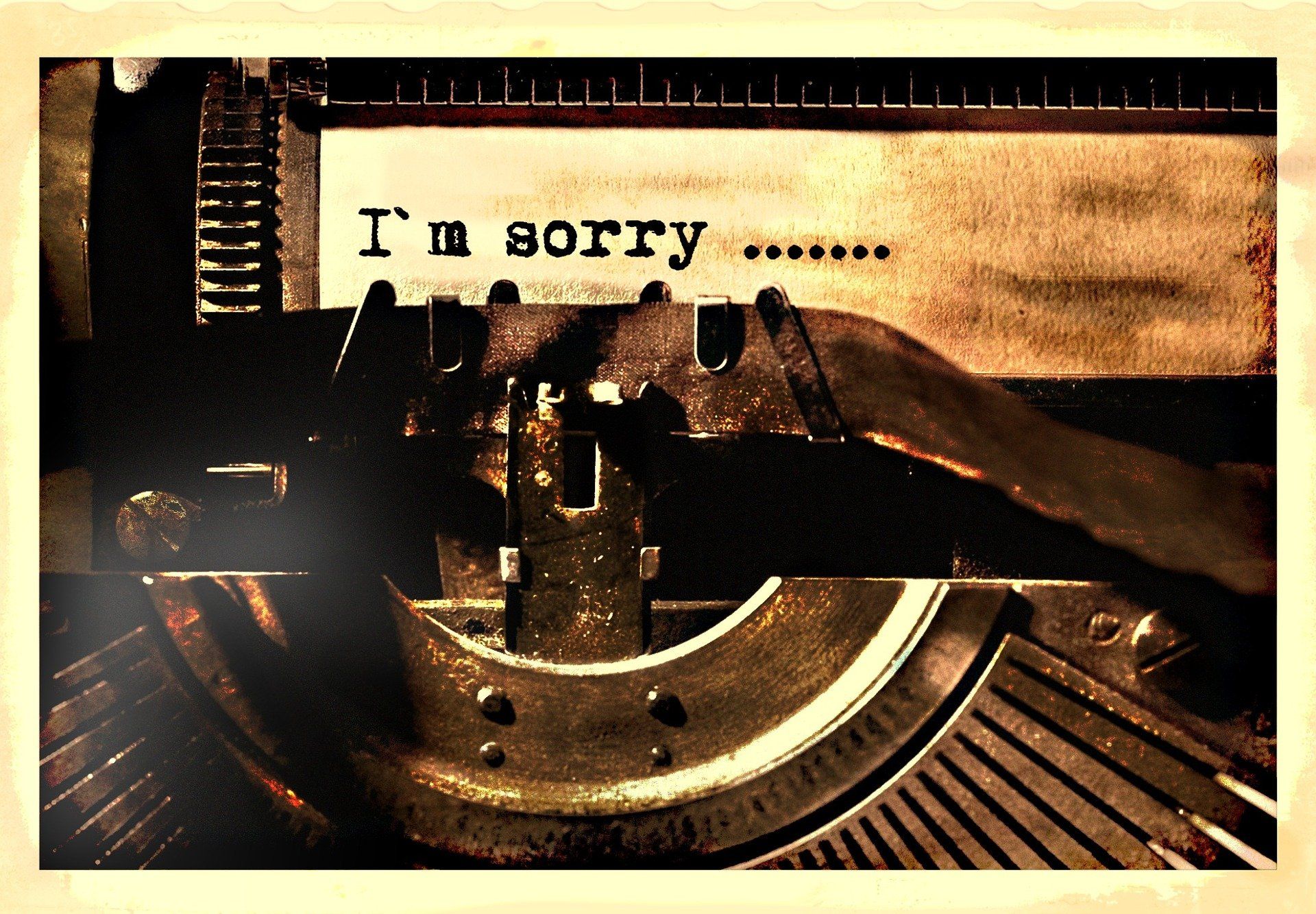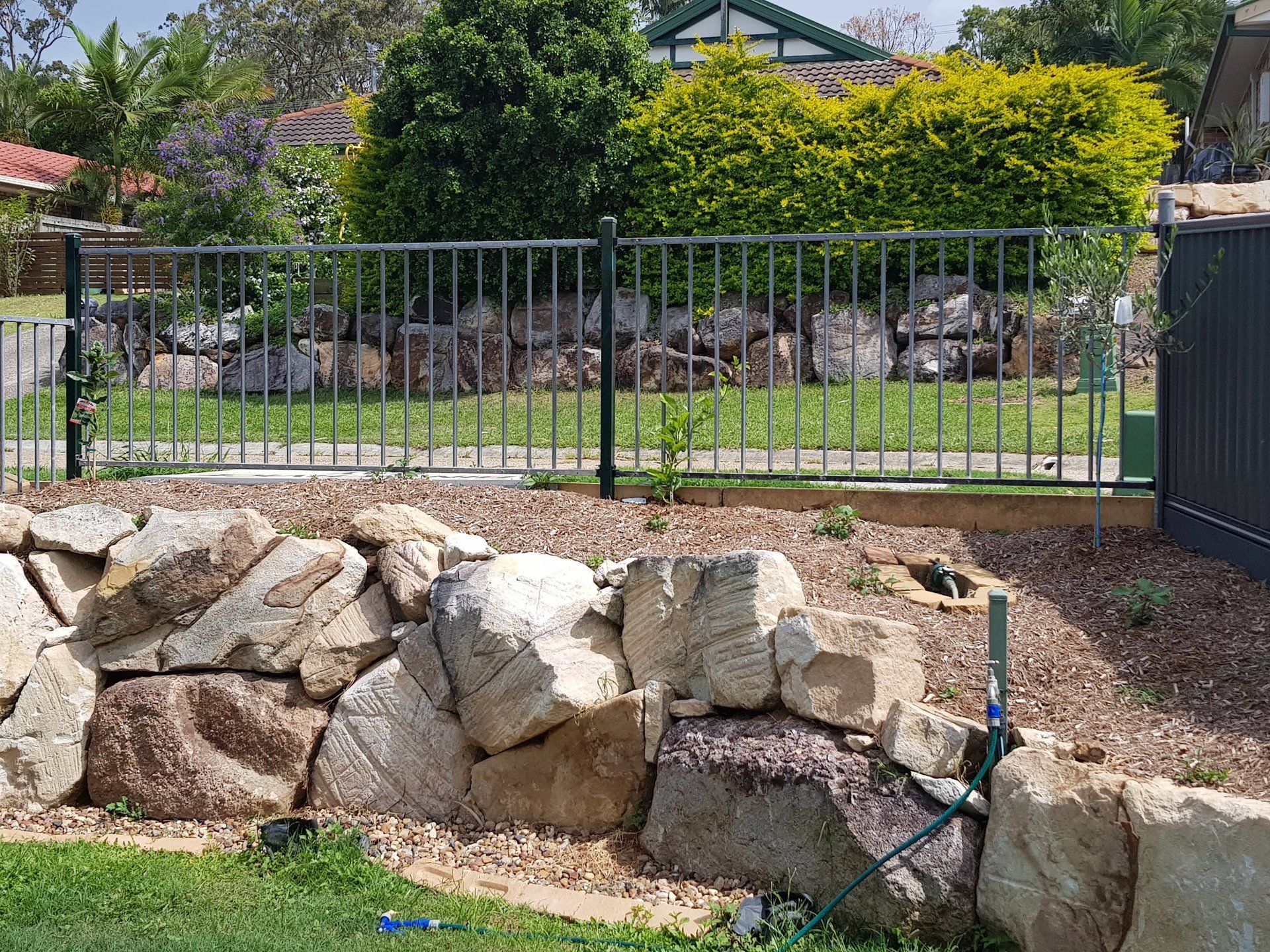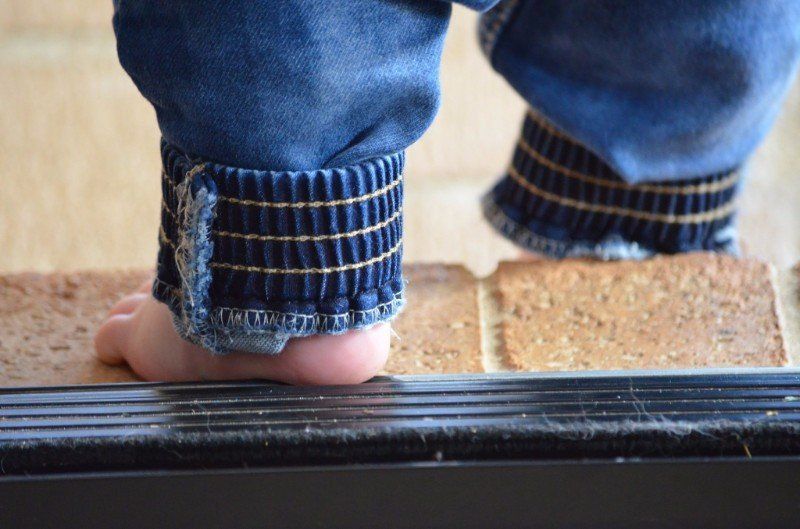Kids at work
- By Compassion Coaching
- •
- 28 Aug, 2017
- •
Kids at work
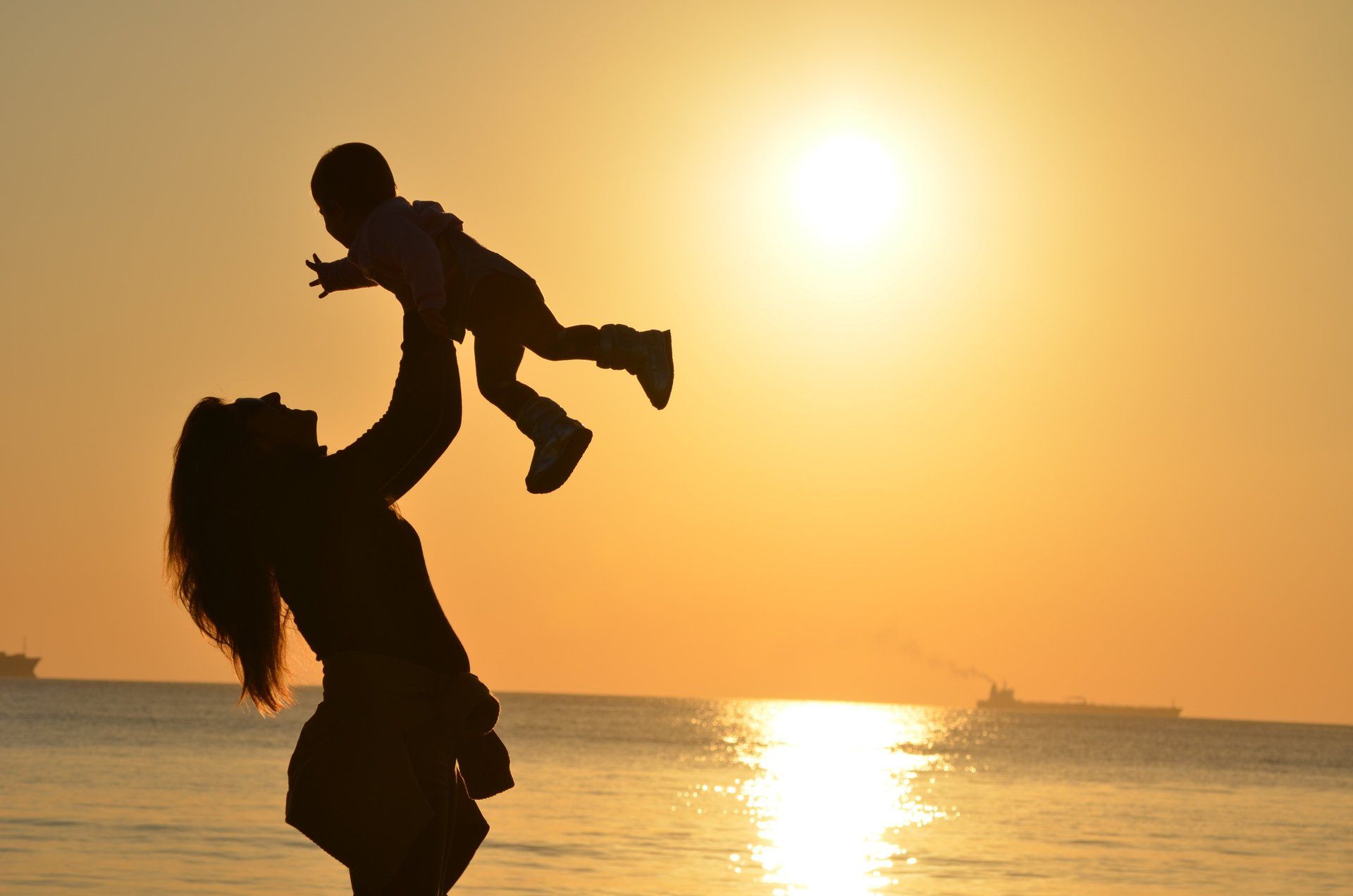
It is a child’s job to receive love.
That’s what they are designed to do.
From the moment a child is born, they are completely reliant on their parents and caregivers to care for them, nurture them, and provide for their every need.
Of all the creatures born on planet Earth, human beings are born the most helpless, the most vulnerable. Yet, they rise up to become the completely dominant masters of the planet, dominating the food chain. With folded brain and exceptional cleverness they create tools to solve problems and make their lives easier. How ironic that such a fragile creature could become so dominant.
In the years following their birth, human babies are dependent. This dependence means that their formation of their identity, that is who they are, is based on their parents and carers. How a baby learns to see themselves, is a reflection of their own parents way they see themselves and the world.
If a child is treated with love and kindness, respect and opportunities, and firm loving boundaries, they will grow into healthy adults. If not, it can set the child up to live a life of pain, based on a malformed personal identity.
These tortured little children grow up to be adults who become desperate to hide their dysfunction away from the world. They believe if you could see that they are dysfunctional, then you would reject them, and they would not belong. This would mean that they are not loveable. So people go out of their way to hide who they really are.
The worst thing is, when people actually think they succeed with keeping their broken selves hidden, it creates the worst pain imaginable. Let us call it suffering. They live in hell, too frightened and ashamed to reveal their vulnerability. Such people usually describe ‘vulnerability’ as ‘weakness’.
Often these kind of people will be out to prove themselves. Prove their superiority, Prove their adequacy, their importance, their significance. They could achieve great power, or wealth, or fame, or dominance, and it still will not quell the desperate loneliness they feel inside, cut off from their own humanity.
Because if you do not love a child, that child will grow up to feel unloveable.
If a child does not feel or believe that they are being loved, then they are at risk of ‘splitting-off’.
All children are born naturally beautiful and wonderful. They are exploration machines, ready to discover everything about life, read to learn from able and willing teachers. And they need to be treasured and adored, loved wholly and completely. If a child feels that a parent is somehow distracted, preoccupied with the happenings of their own life, then that child may risk splitting-off, away from that natural beautiful self, to become something or someone else in order to somehow regain that attention, regain that love. Splitting-off means becoming someone who they are not, in order to somehow be loved.
It does not make sense in any kind of adult logic, but to a child it is essential, to a child it is life itself. They can split-off to become an achiever, a rebel, a leader, a clown, the responsible one, the scapegoat, the bully, the victim, helpless, hopeless, miserable, golden child, academic, sports star, politician, surgeon, and of course… parent. All these roles, just to avoid feeling the deep inner pain of not being who they really are.
Just to make it even more complicated, when a parent is not aware of this within themselves, and when they choose not to do anything about facing their real selves, they risk inadvertently passing on all of their own unresolved emotional baggage on to the child. So many children, or children in adults body, walk around carrying guilt and shame about who they are, that doesn’t even belong to them. It may be a legacy of their parents, or their parents parents, or their parents parents parents, ad infinitum.
Perhaps if we were to look at parenting with whole new eyes then, a great place to start would be with ourselves as parents. What are the things in us that block our children from feeling loved? How often do we say to our children, with our words or our actions; “Do as I say, not as I do.” What if instead we could start to say: “The more I love myself, and live in that love, the more that my child will learn to love themselves in turn.”
The greatest gift that any parent can ever give to their child, is to live to their fullest potential.
Are you living to yours?


